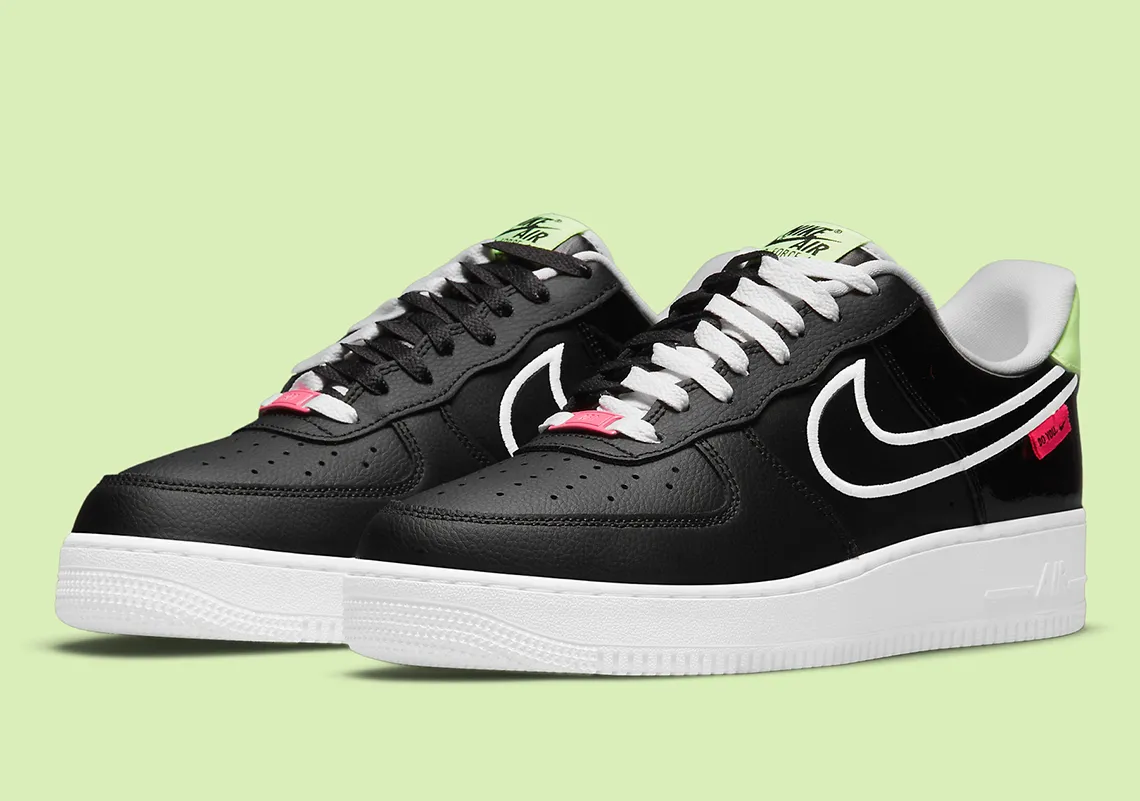
Many luxury brands struggle to reach a younger audience. As a result, they not only underperform with the next generation of consumers — millennials and Gen Zers —that have money to spend, but in doing so, also endanger their future. Connecting with a younger, digitally-focused customers is not only “nice to have” but a precondition to be successful now and going forward. Every generation looks to the next one for inspiration. Given this, brands that are no longer are relevant to this upcoming consumer segment are going to do more than struggle, they’re going to fail.
During the COVID-19 pandemic, the need to change has become paramount, yet many luxury brands are currently operating with a wait and see approach, focusing rather on staff/cost reductions, store closures, and short-term promotion. The future is traded in with a too hesitant, too passive approach. However, some brands are taking the lead and inspiring their audiences in unexpected ways. This is why I sometimes call luxury the “art of perpetual surprise.” Luxury brands need to create desire constantly.
Recently, Gucci has once again been setting the trend. Their latest masterstroke is a collaboration with the popular computer game Sims 4. Now you can personalize your Sims character with a Gucci bucket hat and hang in a treehouse created by modders, those power gamers who influence and modify games. The two modders in EA’s Sims 4 videogame that Gucci collaborated with are Grimcookies and Hey Harrie. In case all of this sounds like crazy, irrelevant stuff from a different planet, be alert. Game collaborations with luxury brands are taking off now, as the popularity of games has grown exponentially during the ongoing pandemic, and in many cases, now exceeds traditional sports. Even Louis Vuitton is designing looks for League of Legends characters.
As Eva Langer, a Generation Z luxury trend expert and advisor at the luxury, lifestyle and consumer brand strategy firm Équité, explains in the South China Morning Post, “modders are a central part of the Sims 4 community and keep the game creative and fun; the fact that Gucci wanted to convey similar brand values to its young audience may explain such a choice. Gucci fans previously caught a glimpse of this through the brand’s MX collection with its youthful, playful, genderless designs, and in the partnership with musicians Tyler the Creator and A$AP Rocky for its Tailoring ad campaign.” The bottom line is that luxury brands need to create a memorable experiences for their young audience that is relevant, impactful, different, and unexpected.
This includes product strategies. Louis Vuitton has seen a significant success with both their Tambour Horizon Connected smart watch and Horizon earphones, both priced with substantial premiums over their respective non-luxury competitors. However, they manage to offer a younger consumer, who is constantly on the go, with technology-powered products that combine the cachet of luxury. The question is why so many other luxury brands have been passive and are not embracing the opportunities to delight and entice millennials and Gen Zers?
Even in hospitality, one of the most traditional luxury categories, connecting to millennial audiences offers significant growth potential in times of change. An example is the trend toward “workations” as a result of the new COVID-related work from home reality. Many young and wealthy customers are seeking exceptional places to combine work with a memorable and extraordinary experience. Lauren Berger, the CEO of the Lauren Berger Collection, who is providing luxury hospitality experiences for the most discerning billionaires, millionaires, and celebrities, explained to me that “when you talk about highest end luxury travel today you need to check all boxes including absolute hospitality, taking maximum precautions against COVID-19, and being able to escape from most situations.” Not surprisingly, the workations her company creates for millennials and others often include flights via private jets to guarantee maximum security, protection, and privacy.
Winning over millennials and Gen Zers offers multiple opportunities. What is important is to be beyond the ordinary, to adapt quickly to new realities, to surprise, and to connect with customers in mediums in which they participle — such as games — while they are on the go, or experiencing new ways of working, living, and traveling. Extreme value creation has to be always insight-driven and depends on the ability to create relevant solutions and content for customers. In short, it is about creating desire in a relevant way to the most influential luxury target groups.
Daniel Langer is CEO of the luxury, lifestyle and consumer brand strategy firm Équité, and the professor of luxury strategy and extreme value creation at Pepperdine University in Malibu, California. He consults some of the leading luxury brands in the world, is the author of several luxury management books, a global keynote speaker, and holds luxury masterclasses in Europe, the USA, and Asia. Follow @drlanger
The Link LonkNovember 09, 2020 at 05:00PM
https://ift.tt/2JSykxJ
From Gucci's Sims 4 Collaboration to Louis Vuitton's Earphones, How to Win Over Millennials and Gen Zers - Jing Daily
https://ift.tt/2ZjM6h1
louis vuitton

No comments:
Post a Comment